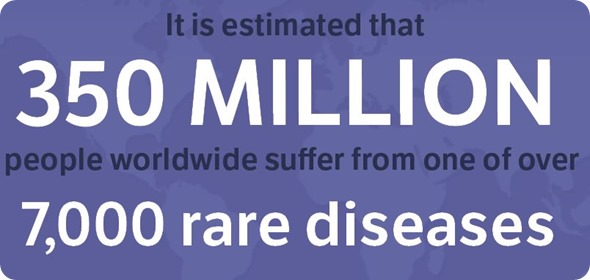
Right now, the healthcare system is still designed to start diagnosis via a general practitioner rather than a specialist. There is a new form of thinking and schooling in development that suggests the first line of defense and diagnosis should be a geneticist, to get to the root of the problem first.
Please can you give an introduction to medical crowdsourcing and the potential impact it could have on the diagnosis and treatment of rare diseases?
Dr Teri Willochell (TW): To me, medical crowdsourcing is like the ultimate consult service. A question arises, it is asked on the forum, and you can get answers from multiple specialties within minutes. It is harnessing the brightest minds in one place and using that power to do what we enjoy doing most – helping people.
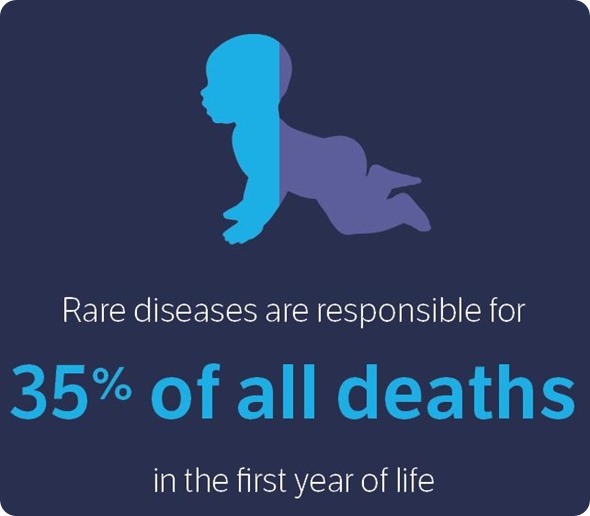
NB: The more great minds we have to tackle the problem the better chance we have of finding the solution. Over the last few years crowdsourcing has changed business and fundraising models. In regards to healthcare, it truly is the power of varied expertise coming together to help tackle some of the greatest challenges.
Physician social network SERMO and rare disease patient advocacy organization Global Genes recently announced a partnership. How do you hope this will help doctors to diagnose and treat rare diseases?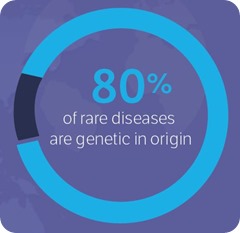
TW: I believe that this collaboration will help put some of the rare diseases into physician’s consciousness when they encounter patients with unusual symptoms. It will also help those physicians taking care of patients with rare diseases not feel so alone. To me, it’s a win-win situation.
NB: We are very excited about the partnership. We have already seen and continue to see the power of this network help patients through programs like our current RARE Concierge Program.
Can you explain how the new program SERMOheroes will work?
Peter Kirk, CEO of SERMO (PK): The SERMOheroes program connects rare disease patients to targeted physicians through SERMO, the leading global social media network for doctors and the home of medical crowdsourcing.
Global Genes initiates the process, as they regularly work with rare disease patients and their families through the Rare Concierge program. If the patient’s doctor is not a SERMO member, the patient is paired with a “SERMOhero”, a physician who volunteers to sponsor (post) their case on the social network.
The SERMOhero works with the patient and their family, Global Genes, and/or the treating physician to collect all relevant information about the case, posts the case in the SERMO community for physicians to consult on and acts as a liaison to gain additional information as requested.
Once a consensus is reached, the SERMOhero provides a brief for the patient and their treating physician.
What impact will this have on patients’ lives?
TW: Patients will have the advantage of the collective knowledge of hundreds of thousands of physicians worldwide to help with their diagnosis and treatment. All in a short period of time, all at no cost to them.

How is the SERMOheroes service being funded and how do you think this will affect the medical costs associated with diagnosing and treating patients with rare diseases?
PK: SERMOheroes is a partnership between SERMO and Global Genes. The service is free to patients and participating physicians (SERMOheroes and the consulting physicians) are not paid for their participation.
Our hope is to alleviate some of the burden of cost for rare disease patients by using medical crowdsourcing to help them get the right diagnoses and treatments faster.
What will be the main challenges and how do you hope to overcome them?
TW: One challenge will be getting the information between SERMO members and the organization. I will be acting as a liaison along with a few others members of the community and the organization. With email and texting, this shouldn’t be as taxing as it would have been even a few years ago.
What do you think the future holds for the diagnosis and treatment of rare diseases and how do you think technology will impact what’s possible?
TW: Hopefully, with newer genetic testing and interventions and better diagnostic techniques, “rare” diseases will become more mainstream; physicians will know more about them and how to better treat them.
What potential does crowdsourcing have for other areas of medicine?
TW: Possible novel treatments for diseases, reporting of drug-drug interactions or adverse reactions, new potential surgical interventions or techniques – the possibilities are endless.
Where can readers find more information?
Infographic - https://www.sermo.com/
About Dr. Teri Willochell, Nicole Boice and Peter Kirk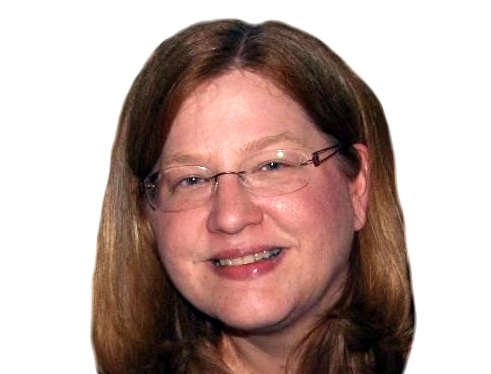
Dr. Teri Willochell is a board certified internist in the Pittsburgh area, where she has lived and practiced for the past 18 years. After finishing her residency at UPMC Mercy, she joined the teaching faculty there and taught future physicians for 14 years. Recently, desiring the return to patient care, she made the change to urgent care and now works at MedExpress Urgent Care. She is married and has a 14 year old daughter.
Nicole Boice founded Global Genes in 2008, with the goal of helping families affected by rare disease connect with tools, resources, and much needed support, helping eliminate the challenges of rare disease. Since its inception, Global Genes has impacted hundreds of thousands of patients worldwide.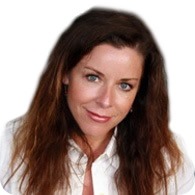
Nicole was personally touched by rare disease through friends, whose son struggled to find a diagnosis for 2.5 years. Once diagnosed, they learned that there were neither treatments nor cures for their son’s disease. She understands the importance of finding a diagnosis, and has built an organization to help address this problem.
Nicole has held numerous consulting, sales, and marketing executive roles in her 25 years of experience. Nicole has worked with world-class organizations in media, pharmaceutical and high tech sectors – Schering Plough, CMP Media, United Business Media, and Burrill & Company. A Graduate of the University of California San Diego, Nicole is a proud wife, mother of two children, and adopted mother of two dogs.
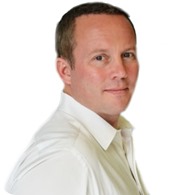
Peter Kirk is the CEO of SERMO. Since launching the company in 2000, Peter has grown the organization into an enterprise with close to 300 employees in 10 global offices and a global network of close to two million healthcare professionals. Under Peter’s leadership, SERMO membership has increased 100 percent year over year, and the social community now has over 343,000 physicians from over 90 different specialties and sub-specialties—approximately 40 percent of all U.S. physicians. Peter holds a Masters in Finance from London Business School.